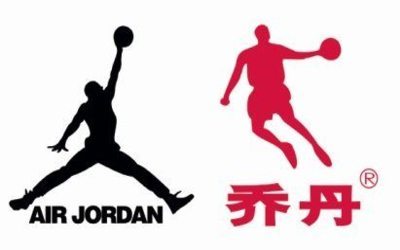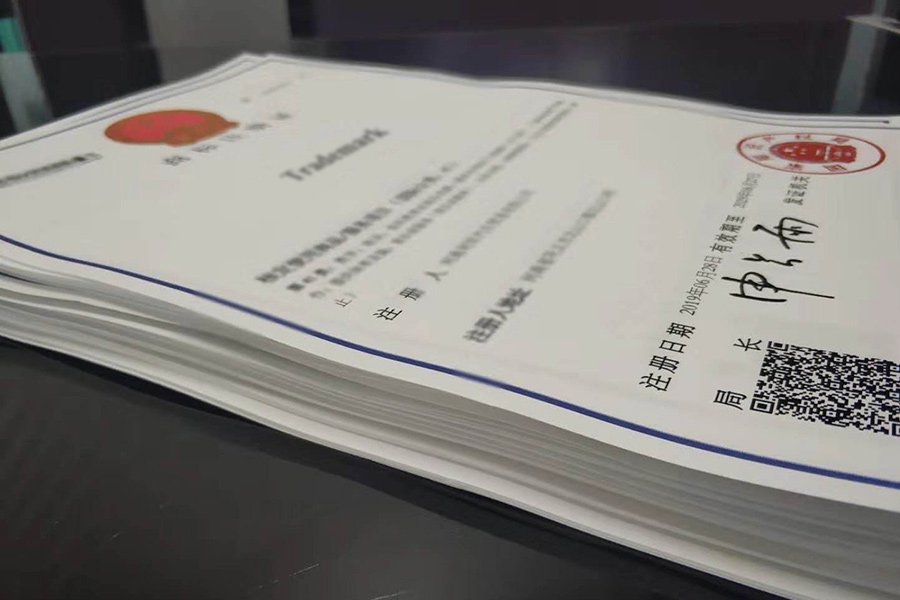Contents
As we all know, trademarks are very important for brands in China. But It seems complicated for foreigners and foreign enterprises to register trademarks in China. It is often the case that the trademarks of some famous foreign brands are registered malevolently by Chinese companies. For example, the lawsuit of the famous basketball shoe “Jordan” in China. For foreigners and overseas companies, it is vital to know how to protect their own trademarks and how to register the trademarks in Chinese simplified through legal measures. So, this article introduces Trademark law, regulations, legal provisions, regulations in China, and related International Conventions in the world.
The Trademark Law & Regulations in China
China’s Trademark Law explicitly stipulates that foreigners or foreign enterprises seeking to register trademarks in China should entrust a lawful trademark agency to deal with it. Generally, any foreigners or foreign enterprises which are not in China, shall follow this regulation and delegate the process to a legal agency or law firm which have the relevant business scope. At the same time, The Trademark Law also stipulates the principles that foreigners and foreign enterprises should follow when applying for trademark registrations.
According to the Trademark regulation in China, foreigners and foreign enterprises that must delegate trademark registration to agencies refer to those foreigners and foreign enterprises that do not have residence or office in China. That is, foreigners and foreign enterprises who have residence addresses or business offices in China can handle trademark registration by themselves. For example, foreigners who live in China, foreign representative offices in China, Joint venture companies, and foreign-owned enterprises in China.
The Madrid Agreement about Trademark
The Madrid Agreement Concerning the International Registration of Trademark referred to as the Madrid Agreement is a multilateral international agreement by the World Intellectual Property Organization. China became a contracting party to the agreement on 4th Oct 1989. In accordance with Article 1, paragraph 2 of the agreement, nationals of any of the contracting countries can apply for international trademark registration at the International Bureau of Intellectual Property in the Convention establishing the World Intellectual Property Organization, through the Office of the said country of origin, and request for territorial extension, to secure protection and exclusive right.
Among them, foreigners and foreign enterprises seeking to obtain trademark right through Madrid Agreement should be aware of the following rules:
- Foreigners or foreign enterprises requesting a territorial extension must belong to a country that is a member of the Special Union for the International Registration of Marks.
- As China stipulates, protection acquired by international registration can only be extended to China when it is applied by the owner of the trademark.
- The categories of goods or services for international registration requesting for territorial extension must be consistent with the registered international trademark goods or services.
- Madrid Agreement only applies to trademarks registered since China came into force as a party to the agreement. That is only trademarks registered after Oct 4, 1989, can ask for a territorial extension in compliance with the regulations.
The international Trademark Conventions
At present, international agreements involving foreigners and foreign enterprises applying for trademark registration mainly include the Paris Convention for the《Paris Convention for the Protection of Industrial Property》and TRIPs (Agreement on Trade-Related Aspects of Intellectual Property Rights). According to these two international agreements, nationals of member states of these agreements shall be treated with the same principles as Chinese nationals and enjoy the same rights as Chinese nationals when applying for trademark registration in China, including the trademark registration process, application formality, and registration procedures. Similarly, Chinese nationals enjoy the same rights as nationals of other member states when applying for trademarks in other member states.
If the country does not belong to the agreements mentioned above, it should follow the bilateral agreement between China and their countries for trademark registration applications.
Following the Principle of reciprocity
Nationals of countries that neither belong to the two international agreements mentioned above nor sign trademark protection agreements with China, foreigners shall follow the principle of reciprocity when applying for trademark registration. In other words, China shall treat other countries in the same way how the countries treat China in terms of methods, formalities, and conditions when applying for trademark registration.
Register the Trademark by yourself
GWBMA can help you register a trademark for a name, logo, or slogan. Just get started by filling out an online questionnaire and we’ll perform a trademark search to find possible conflicting trademarks. Firstly, you can use the Free Trademark Search Engine and check the trademark classification in China. Secondly, our Trademark Attorney will check the availability of trademarks and provide you with a professional suggestion. When your application is finished, we will file it for you with the CPINA.




